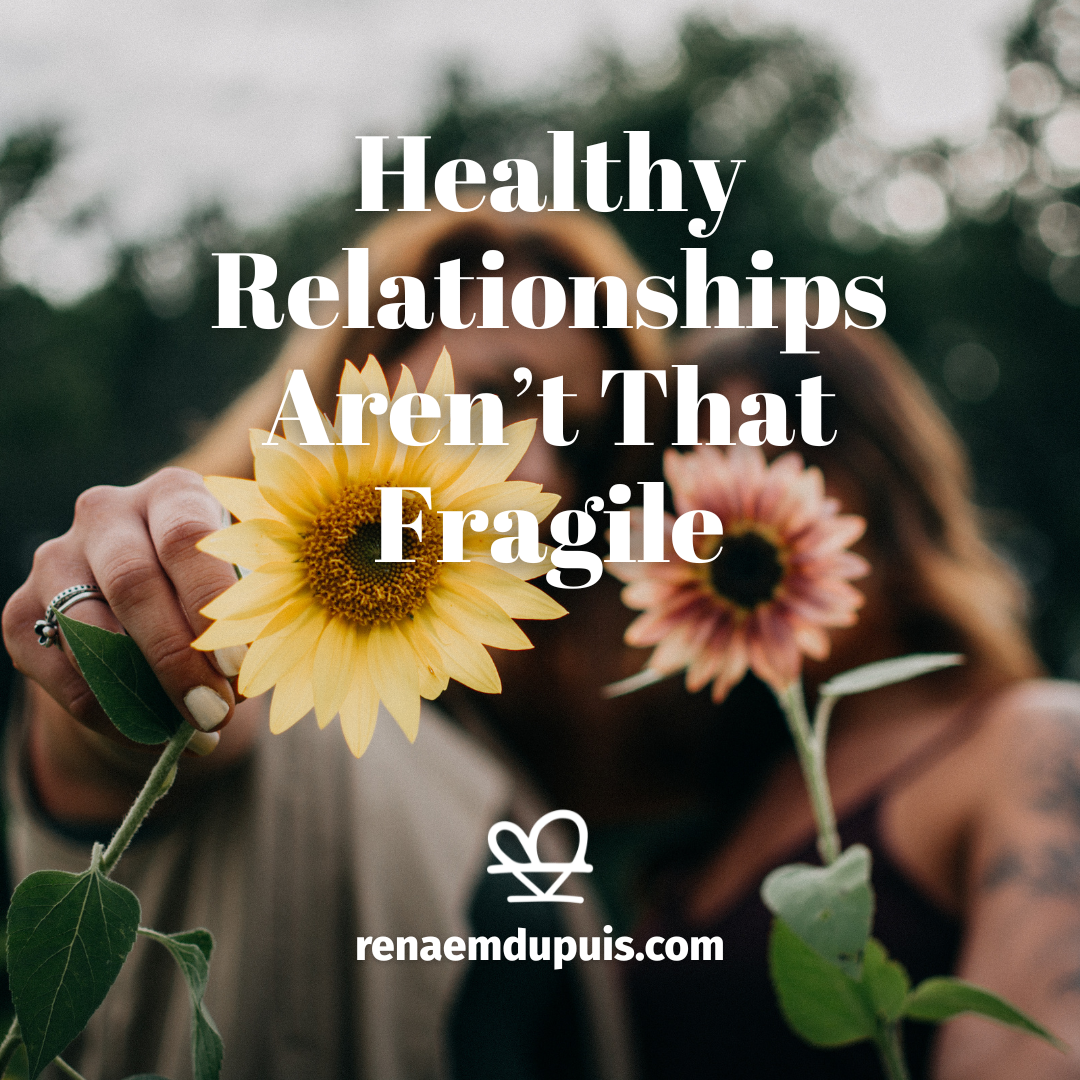
Some of the most healing words I’ve learned: healthy relationships aren’t that fragile. They can handle honesty. They can hold disagreement. They can weather rupture—because repair is part of the bond.
In this episode of It Doesn’t Have to Be This Way, Laura and I talk about what sturdiness looks like in real life. It starts with consent before hard truth—asking, “Are you in a place to hear this?” Not to be precious, but to protect both nervous systems so listening is possible.
We also clarify boundaries vs. requests. “You can’t treat me like that” is a request; it tries to control another person. A boundary is the action I will take to honor myself: “I won’t stay in spaces where I’m treated like that.” When resentment swells, it’s often a clue that my expectations were misdirected—a story I told myself, not an agreement we made together.
We name neurodivergent realities, too. The fight about the dishes usually isn’t about dishes. It’s about meaning: Do I matter here? Am I seen? For brains that don’t “see” the mess—or that spike into anxiety and freeze—criticism can land as pain (RSD), not feedback.
Healthy relationships give us room to practice grace, learn perspective‑taking as a skill, and keep circling back to repair. They also make space for self‑care as worthiness—not a bargain to fuel more caregiving, but a baseline of dignity that sustains connection.
If you’re rebuilding sturdier bonds, try this: ask consent before feedback, do a capacity check, rewrite one “boundary” as an action you’ll take, and name the need under the conflict. Sturdy doesn’t mean perfect; it means we can tell the truth and keep choosing one another.
✨ Listen → Healthy Relationships Aren’t That Fragile


0 comments